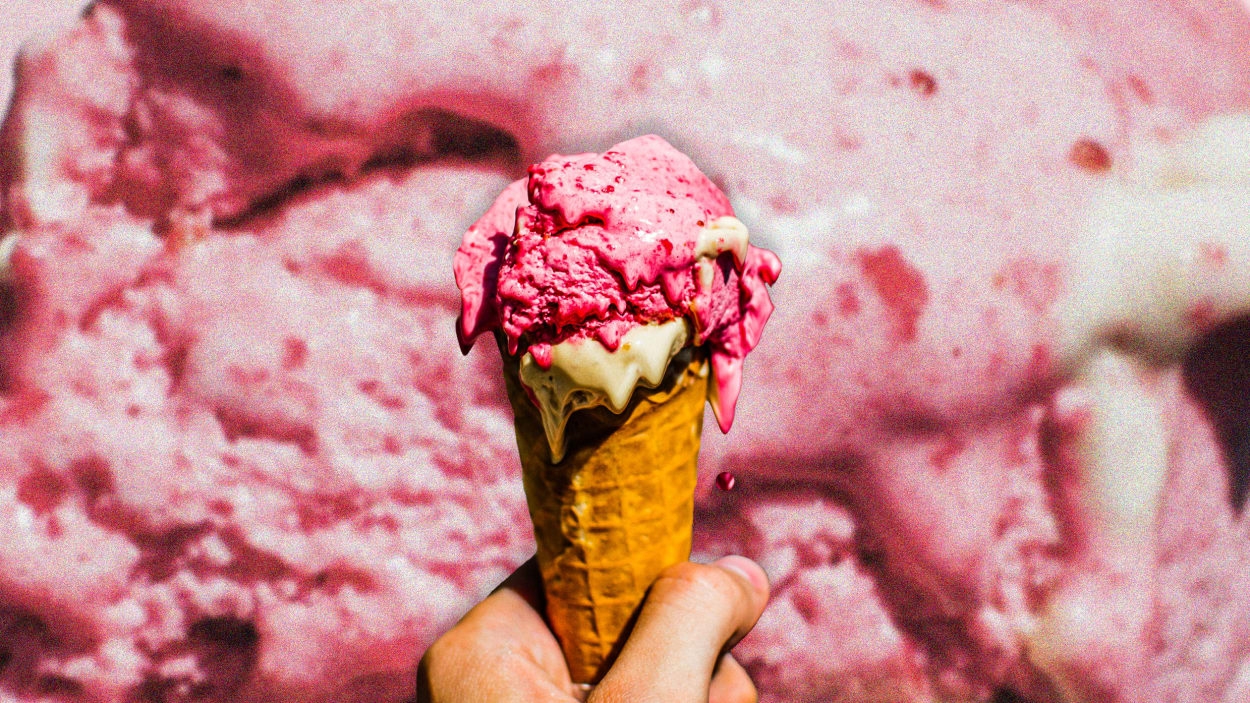Can it be too hot for ice cream? Amid extreme heat waves, Ben & Jerry’s sales have melted
By Sarah Bregel
Whether it’s two scoops of Rocky Road, vanilla bean on a sugar cone, or a banana split, ice cream has always been the unofficial summer treat. When the weather heats up, ice cream sales generally do too. However, even sweet-treat shoppers can be put off by intense heat.
According to Graeme Pitkethly, the CFO of Unilever—the world’s biggest ice cream maker—it can be too hot for ice cream. He told journalists that when it comes to warm weather, “there’s a sweet spot for temperature.” Who knew? “When it gets too hot, people move away from ice cream and buy a cold drink instead,” he said.
That’s actually smart shopping, given that health officials have been urging people to stay hydrated and stay indoors as heat waves have been torching Europe this month. Temperatures have been breaking local records in Spain and Italy, and nearing the all-time European record of 119.8 degrees Fahrenheit. Heat in parts of the United States has been staggering, too, as temperatures in Death Valley reached 128 degrees this month, and Phoenix saw 25 straight days of heat over 110 degrees. According to a new analysis from the World Weather Attribution Initiative, the crushing heat wave would’ve been almost impossible without human-made climate change.
Unilever, which owns Magnum, Cornetto, and Ben & Jerry’s, actually made more money in the quarter that ended on June 30 than in the previous quarter, even though sales were down. The reason for that was a bump in prices due to inflation. Unilever products helped push sales up by 9.1% in the first half. Even as prices rose, ice cream was the company’s slowest-growing segment, at 5.6% underlying sales growth. “Ice cream consumers are trading down and there’s relatively high-price elasticity” in those sales, Pitkethly said Tuesday during an earnings call.
Earlier this month, Unilever’s stock fell slightly after Ben & Jerry’s Fourth of July message to consumers. Some social media users attempted to make it the brand’s “Bud Light” moment with calls to boycott Ben & Jerry’s, after it tweeted, “The United States was founded on stolen Indigenous land. This Fourth of July, let’s commit to returning it.” However, the slight dip in stocks—just 0.53, two days after the tweet—hardly made a dent, and was hard to even chalk up to the social media post given that Unilever owns about 400 brands.
While sales may dip over extreme heat, we’re not too worried about the fate of Ben & Jerry’s. But for the sake of the planet, let’s hope it cools down, so people can get back to one of the best parts of summer: a delicious frozen treat on a hot (but not hellishly hot) day.
(15)



